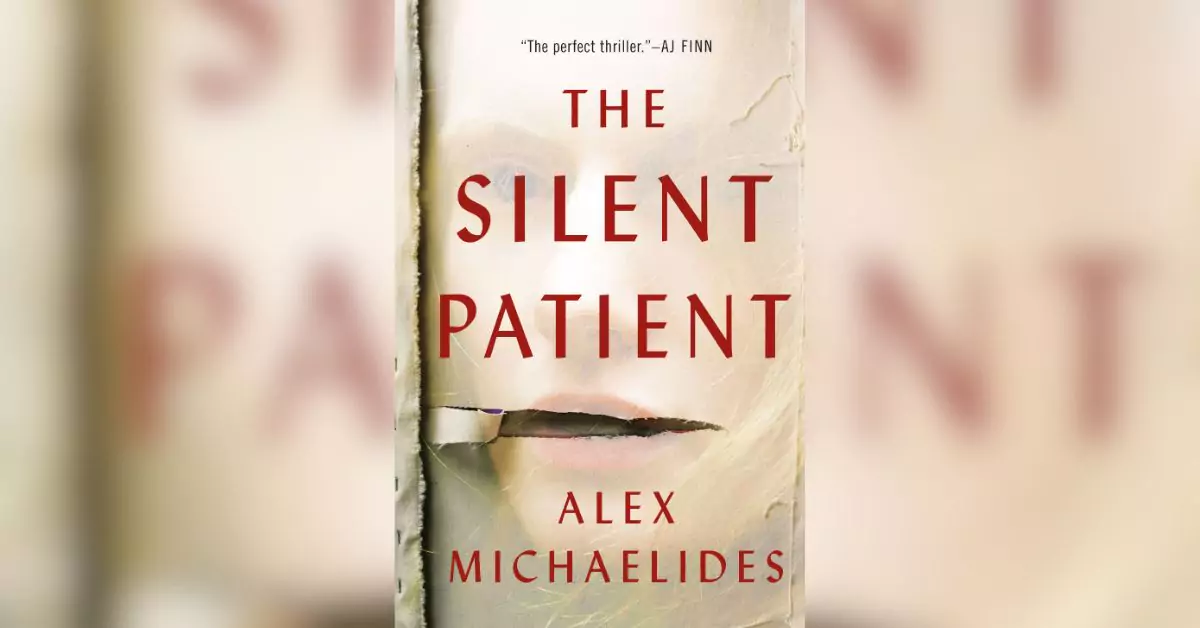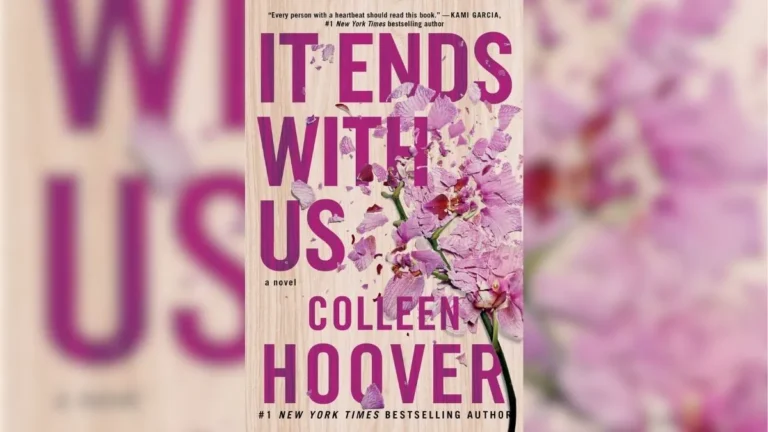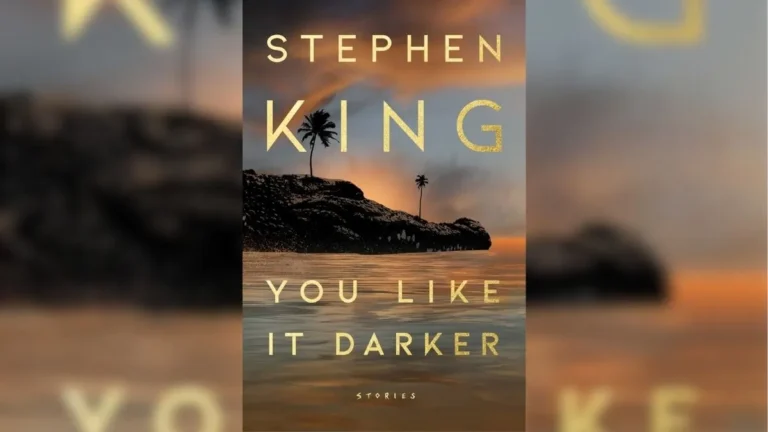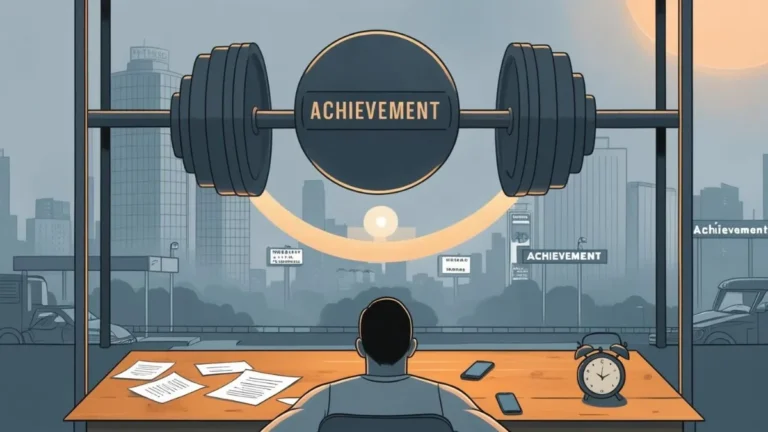The Hook
I’ve read countless thrillers, but none quite like this. A woman shoots her husband five times in the face, and then… silence. Complete and utter silence. For years. But here’s what fascinates me – this isn’t just another murder mystery.
Think about silence for a moment. Think about it. When was the last time you sat in complete silence? When was the last time your thoughts were so heavy that words failed you? Alicia Berenson’s silence isn’t just an absence of speech – it’s a fortress, a weapon, a statement.
While reading psychological thrillers, I’ve never encountered a premise that grips you quite like this one. It’s not about discovering who did it – we know who pulled the trigger. It’s about the why. And sometimes, the why is more terrifying than the act itself.
What truly captivates me is how this silence becomes a mirror, reflecting our own hidden depths. As I turned each page, I questioned how much of our own truth we chose to keep locked away.
Notable Quotes That Cut Deep
Let me share three quotes that stopped me in my tracks, which made me put down the book and stare into space for a while.
The first hit me like a gentle wave:
“Real love is very quiet, very still. It’s boring, if seen from the perspective of high drama. Love is deep and calm – and constant.”
In our Instagram-perfect world, where love is measured in grand gestures and viral moments, this truth feels revolutionary.
Then there’s this gem that made me smile knowingly:
“We’re all crazy, I believe, just in different ways.”
Isn’t that refreshing? In a world obsessed with labels and diagnoses, here’s a simple truth we all know but rarely acknowledge.
But the one that really got under my skin was this:
“Her silence was like a mirror—reflecting yourself back at you. And it was often an ugly sight.”
This isn’t just about Alicia anymore. It’s about you, me, and every uncomfortable truth we’ve ever avoided facing.
These aren’t just clever lines thrown onto paper. They’re windows into our shared human experience, moments of recognition that make us pause and think, “Yes, that’s exactly it.” Each quote peels back another layer of the story, revealing something profound about love, madness, and the power of silence.
In Michaelides’ hands, these words become more than just observations – they’re revelations about the human condition, about the masks we wear and the truths we hide. They’re the kind of quotes that stay with you long after you’ve finished the last page.
The Psychological Layers
I’ve always been fascinated by what draws people to heal others. As someone who’s spent countless hours reading psychological thrillers, I can tell you – this one’s different. It’s like looking into a fractured mirror where every shard reflects a different truth about human nature.

Here’s what struck me most:
The Healer’s Wound
Let’s be honest – we’re all drawn to fix in others what we can’t. The book nails this universal truth. Through Theo’s character, we see how our own damage becomes both our greatest strength and our most dangerous blind spot.
The Dance of Therapy
The therapeutic relationship in this book isn’t just a plot device. It’s a living, breathing thing that:
- Starts with professional distance
- Evolves into emotional investment
- Eventually blurs into something more complex
- Reveals how healing and harm often share the same path
This exploration is so compelling because it forces us to question our motivations. When we help others, are we really helping ourselves?
The Writing Style
I’ve read books that meander like a lazy river. This isn’t one of them. This book moves like a bullet train – fast, focused, and impossible to stop.
The Rhythm
The chapters are like perfectly crafted espresso shots – short, intense, and leaving you craving more. Each one ends with just enough of a hook to make you think, “Just one more chapter.” (Spoiler: It’s never just one more chapter.)
The Dual Narrative
Here’s what makes it brilliant:
- Present-day investigation feels like you’re solving the puzzle in real-time
- Diary entries add layers of intimacy and revelation
- The switching perspectives create a delicious tension
- Each voice is distinct yet complementary
What I love most is how the writing style mirrors the characters’ psychological state. When they’re confused, the prose becomes more intricate. When they’re certain, it’s sharp and clear. It’s like the author is conducting an orchestra where every instrument plays its part perfectly.
The real genius? You don’t notice any of this technical brilliance while reading. You’re too busy turning pages, completely absorbed in the story. That’s what great writing does – it disappears while doing its job perfectly.
The Grove Setting
I’ve walked through many institutional settings, but The Grove – it’s different. Imagine a place where hope and despair dance an uncomfortable waltz. It’s a small hospital struggling against closure, yet this very struggle gives it a pulse, a heartbeat of its own[3].
What fascinates me most about The Grove is how it becomes a character in itself:
The Physical Space
The building breathes anxiety. Every corridor tells a story, every locked door holds secrets. It’s not just a facility – it’s a pressure cooker of human emotions, where even the walls seem to absorb the unspoken words of its residents.
The Power Dynamic
Inside these walls, I’ve witnessed how:
- Authority becomes a fluid concept
- Professional boundaries dissolve like sugar in hot tea
- Humanity gets stripped away, one security protocol at a time
The Grove isn’t just setting the stage – it’s directing the play[2].
Why You Should Read It
Let me tell you why this book kept me up for three straight nights. It’s not just another psychological thriller – it’s a masterclass in storytelling that demands your attention.
The Success Story
This isn’t just another debut novel. It’s a phenomenon that stormed across 43 territories, proving that great storytelling transcends cultural boundaries. Think about that – 43 different cultures, all captivated by the same silence.
The Craftsmanship
What strikes me most is how it reads like it’s written by someone who’s been doing this for decades. The confidence in the prose, the surgical precision of the plot – it’s like watching a master chef at work in their kitchen.
The Cinematic Quality
There’s a reason Hollywood came knocking. Every scene plays out like a film in your mind. The dialogue crackles with tension. The descriptions paint vivid pictures. You’re not just reading – you’re watching, feeling, experiencing.
The Twist
Here’s the thing about the ending – it’s not just a twist for twist’s sake. It’s like a lens suddenly coming into focus. Everything you’ve read takes on new meaning. You’ll find yourself flipping back through pages, discovering clues you missed, appreciating the intricate web of deception that was there all along.
The Critical Take
Let me be honest with you—this book isn’t perfect. As someone who’s deeply interested in mental health representation, I noticed the cracks in the foundation. But here’s the thing about imperfect things—sometimes, they teach us more than perfect ones.
The Controversial Elements
The book’s handling of mental health institutions raises eyebrows:
- Patients are often portrayed through a problematic lens
- The psychiatric facility feels more like a plot device than a real institution
- The psychological theories sometimes lean more on drama than accuracy[1]
The Professional Ethics
I am fascinated by how the book plays fast and loose with therapeutic boundaries. It’s like watching a car crash in slow motion – you know it’s wrong, but you can’t look away. Therapist and patient relationships cross lines that would make any mental health professional wince[1].
But here’s what’s interesting – these flaws make the story more compelling. They create tension between what we know should happen and what does happen.
The Bottom Line
After multiple readings, I’ve concluded that this isn’t just another thriller—it’s a mirror reflecting our fascination with silence and secrets.
The Power of Silence
Think about it – in our hyper-connected world, where everyone’s shouting to be heard, silence becomes a superpower. This book understands that. It weaponizes silence in a way that’s both brilliant and terrifying.
The Human Element
What makes this story stick isn’t the plot twists (though they’re excellent). It’s how it taps into universal truths about:
- Our need to be understood
- The masks we wear in different situations
- The lengths we’ll go to protect our secrets
The Final Verdict
Despite its flaws – or perhaps because of them – this book does something remarkable: it makes us question everything we think we know about human nature. It’s like a magic trick – even when you know how it’s done, you still can’t help but be amazed.
Is it a perfect book? No. Is it a perfect thriller? Absolutely. Because sometimes, the most gripping stories aren’t the ones that get everything right – they’re the ones that make us forget what’s right and wrong in the first place.



